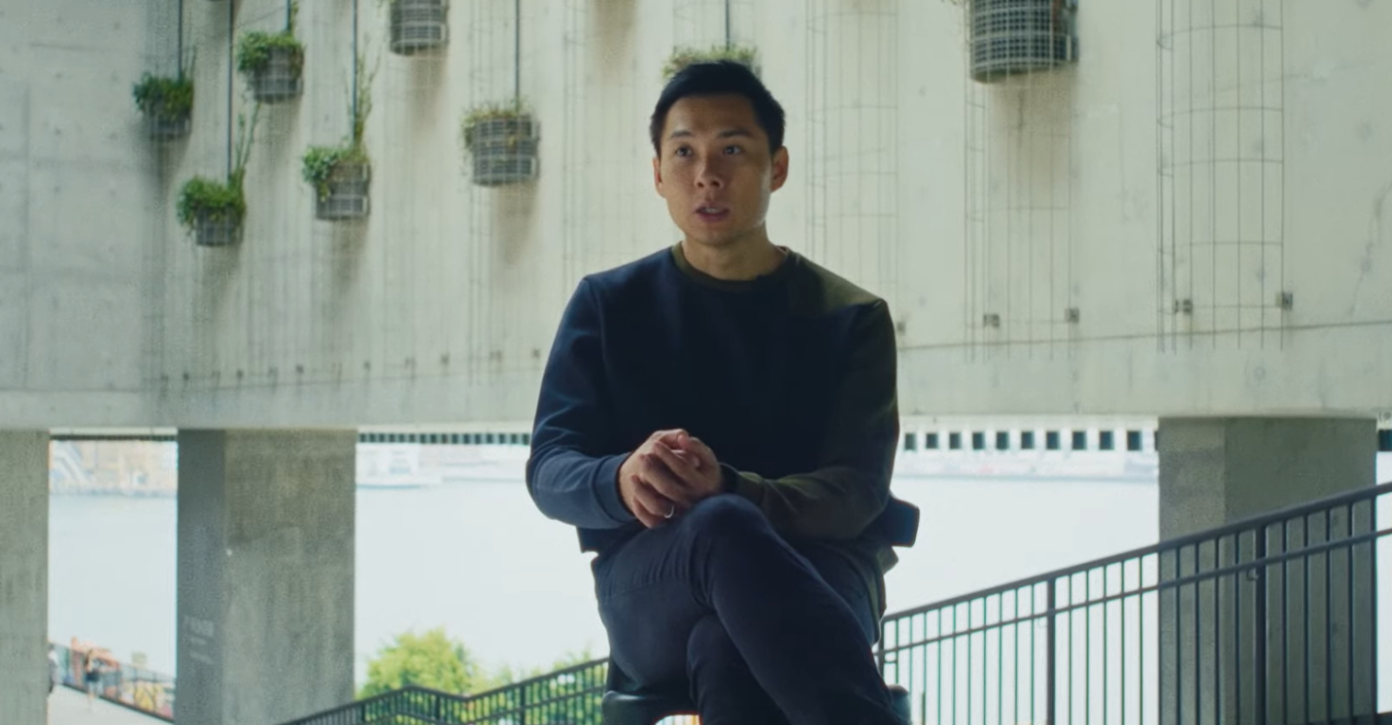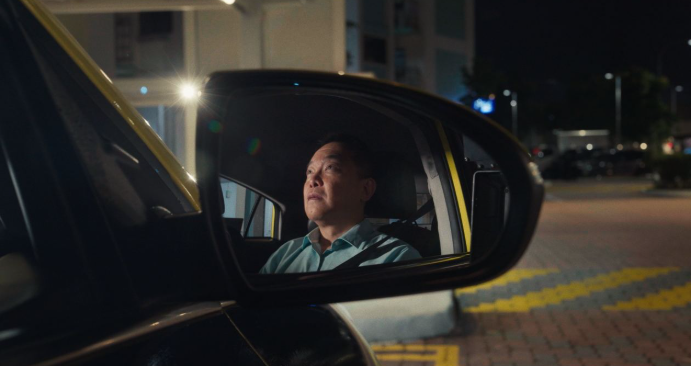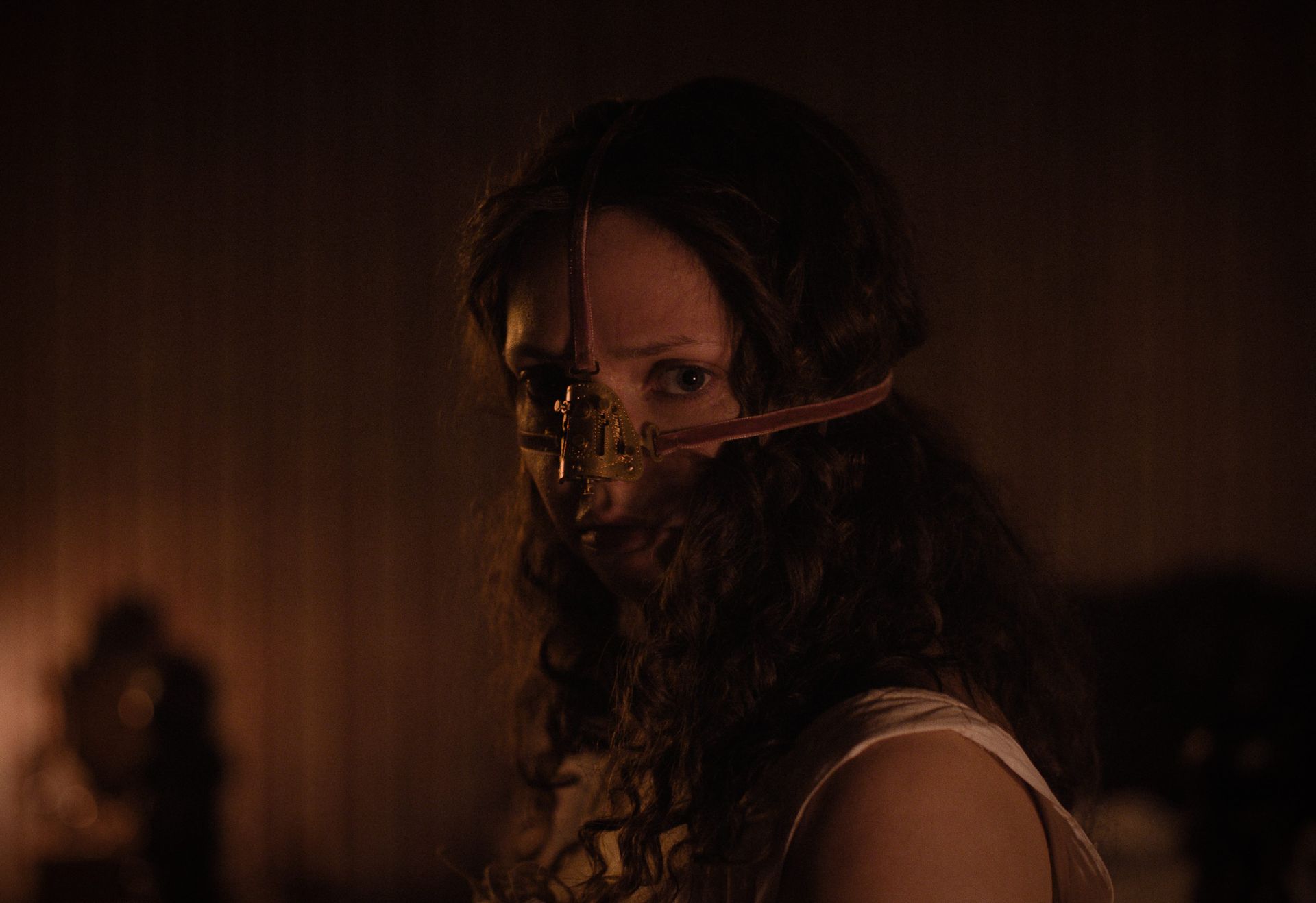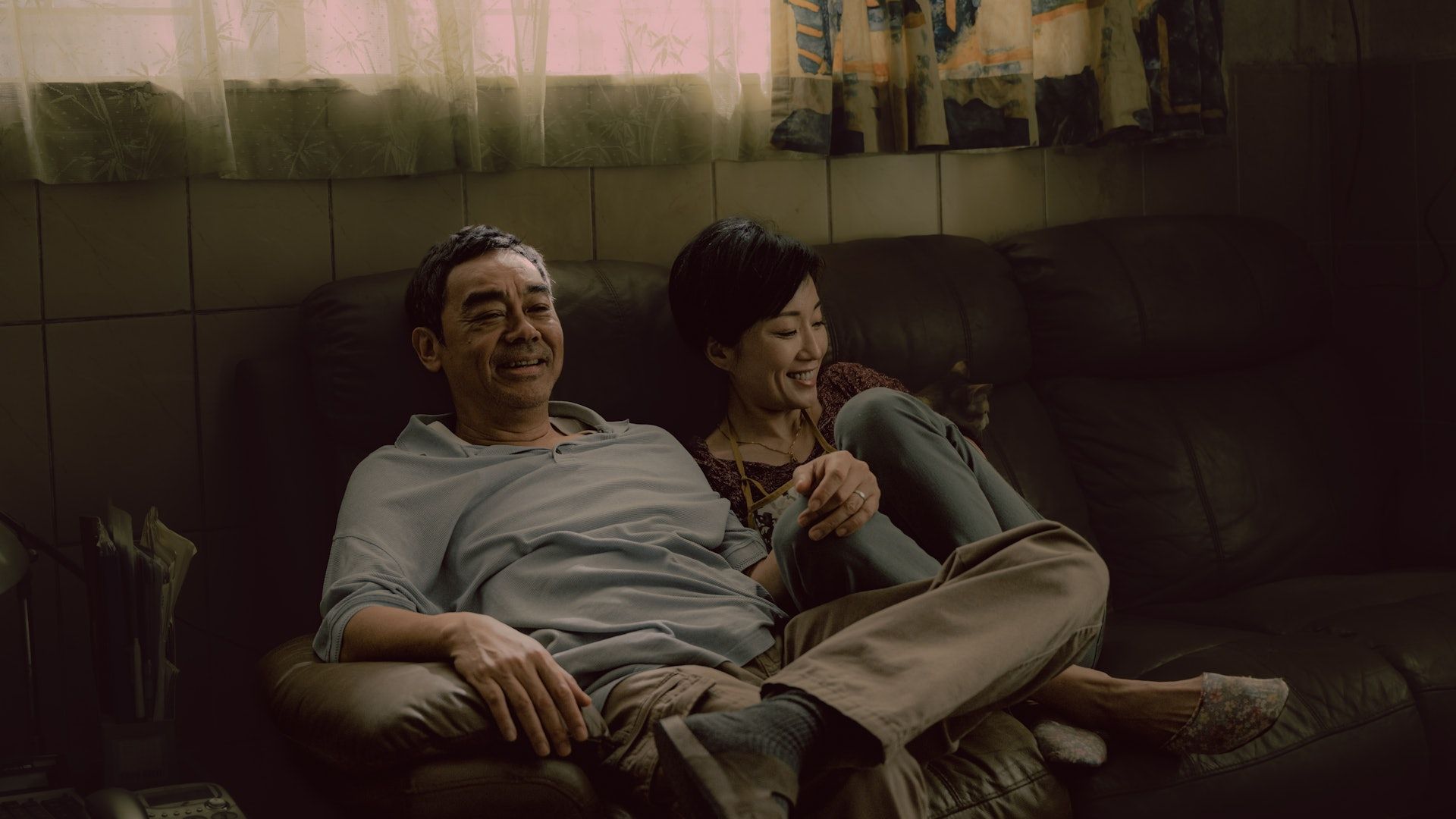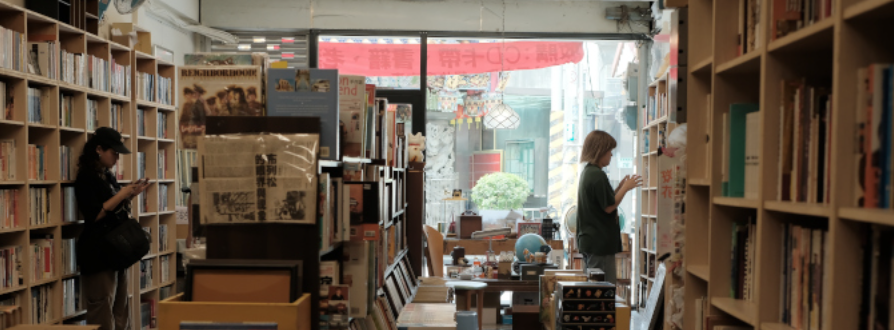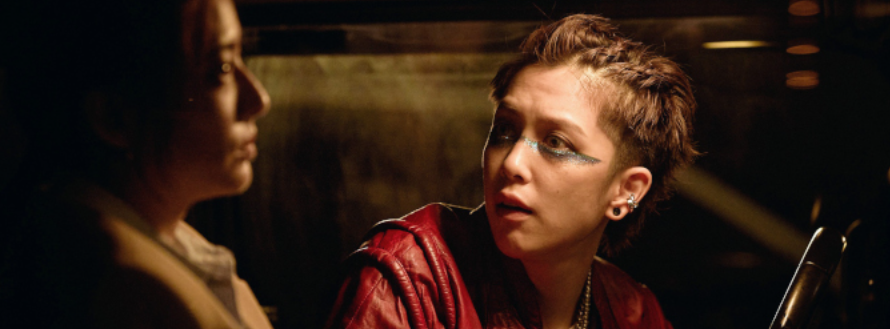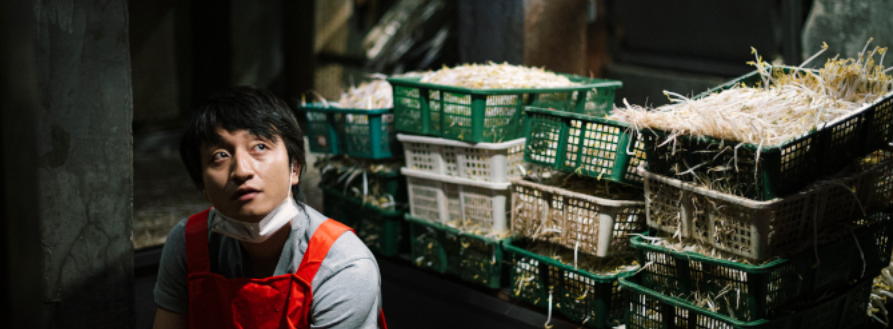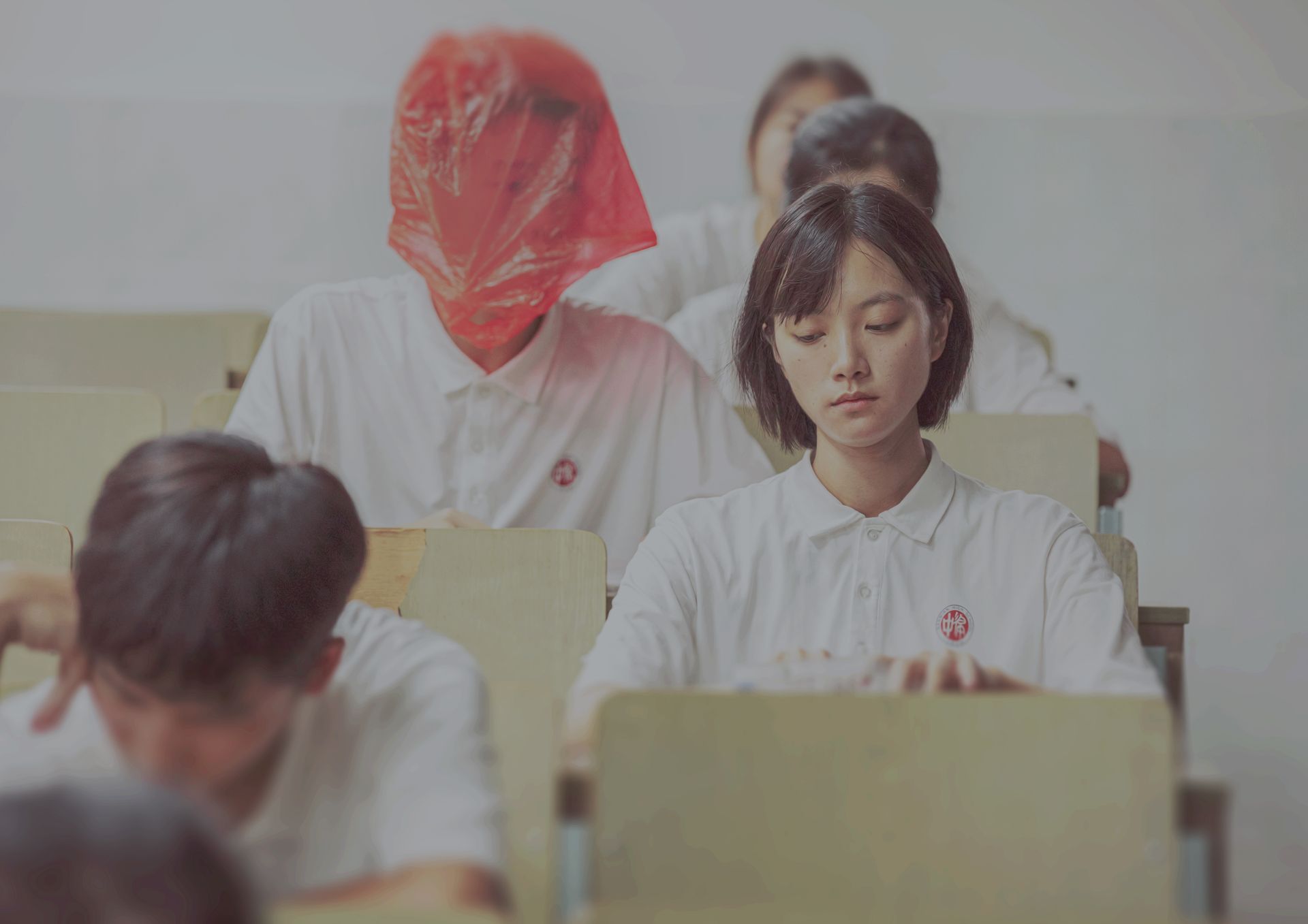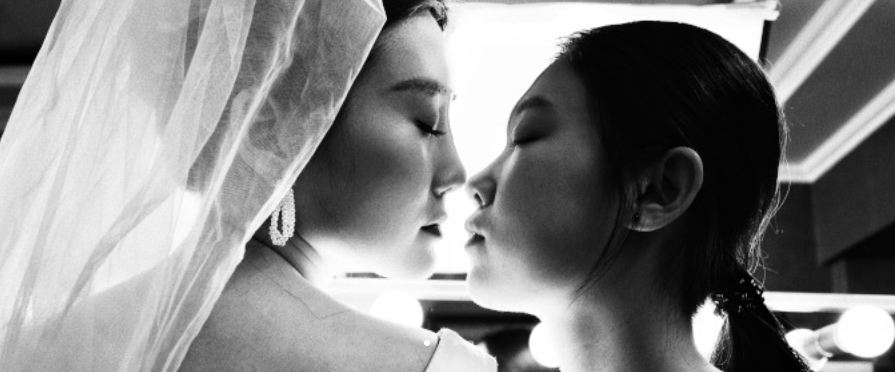Film Review #148: CASTING A LIGHT ON THE DANCE OF DARKNESS
Film Review: Casting a Light on the Dance of Darkness (SYFF)

Casting a Light on the Dance of Darkness is an intriguing documentary short about Singapore’s sole practitioner of “Butoh”, a rare form of performance art originating from Japan. Director E-Vyn Toh successfully delivers on Our Grandfather Story’s (OGS) established approach to crafting sensitive, thoughtful portraits of their subjects. Going a step further, she seizes a unique opportunity to cross over from passive observer to advocate, crafting a subtle yet immersive experience that invites thoughtful discussion on tolerance and acceptance in Singapore.
If you were to ask me to describe “Butoh” after seeing it for the first time, one of the first words out of my mouth would be “exotic”. But that word does very little to describe anything about the dance itself. The word focuses on distance, describing a reaction to foreignness that sets our senses atingle when greeted by the unfamiliar.
But exoticism is a matter of perspective. The filmmakers understand this, and while the striking visual character of a Butoh performance is virtually impossible to neutralize, it
is possible to carefully guide an audience past their initial reactions to Butoh, and into a more nuanced close-up of its performer, XUE.

XUE’s first encounter with Butoh was neither in Singapore nor Japan, but in the vibrant counterculture of New York City. Her emotional journey both abroad and locally, and her struggles with belonging and acceptance are articulated with confidence, and from a great deal of experience.
E-Vyn Toh demonstrates an ability to be won over by a subject yet maintain a sense of objectivity. It’s that objectivity that enables her to craft a subtle yet arresting piece that draws its audience deep into territory some might otherwise deem too “exotic”. Her ability to draw out both the thoughtful and passionate sides of XUE enables her to paint an intriguingly relatable picture of a unique Singaporean story.
Clear parallels are drawn between the life XUE knew overseas, and the one she is actively forging for herself in Singapore. The filmmakers demonstrate tact in selecting information that is most resonant with audiences, while maintaining a degree of privacy. We gain a sense of XUE’s experiences overseas, focusing on her encounters with the various counterculture movements of NYC. As audience members, we can’t help but contrast that with what we know of our own culture in Singapore, and the film invites us to wonder exactly how well XUE might be adjusting to her home turf.

XUE’s journey does not point fingers at any gaping problem or injustice in Singapore. Rather, her journey with Butoh serves as a catalyst for broader discussion about our own capacity for acceptance and tolerance. Butoh is presented purely as a form of self-discovery and expression. Her father’s decision to ignore her interest in Butoh could be compared to the attitudes of many in Singapore who, despite our outspoken multiculturalism, still retain a measure of “Not in my backyard” attitude when something too foreign or unsettling comes along.
One might argue that Singapore simply has neither the mass nor the obligation to host and sustain every practice, culture and fad that finds its way onto our shores. While that may certainly be true, XUE’s story reminds us that the ones who are most affected by our acceptance and rejection are often fellow Singaporeans, on their own journey of discovery, hoping to find some reassurance along the way.

The future of Butoh in Singapore remains uncertain, whether more will join XUE and grow the local practice, or if it will turn out to be a fleeting occurrence. Whatever the case may be, that uncertainty is all the more reason for us to show some hospitality while it dances on our shores.
-------------------
About the author: Mark’s earliest memories revolve around the television set where, unbeknownst to him, he was beginning a lifelong obsession with Cinema. Hooked on the thrill of watching time and space warped before his eyes, he is committed to showing up at the movies, in whatever form it may be.
This review is published as part of *SCAPE’s Film Critics Lab: A Writing Mentorship Programme, with support from Singapore Film Society.

